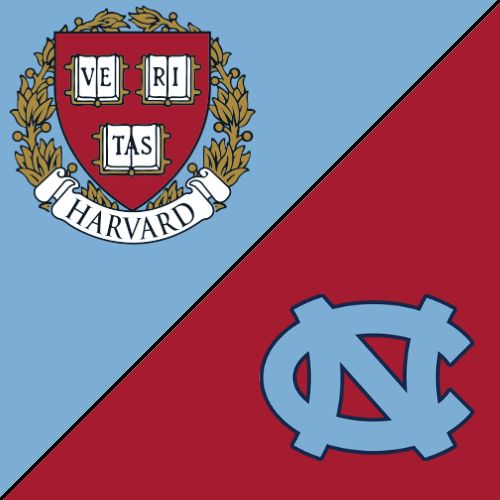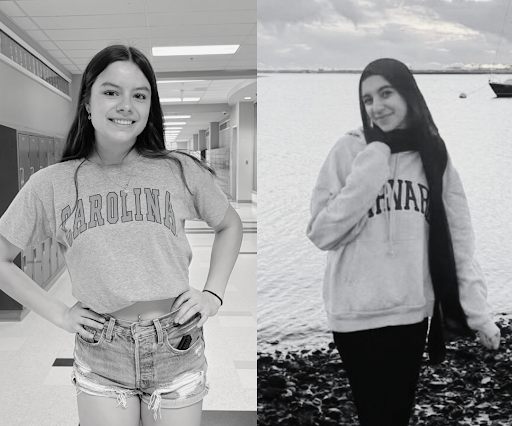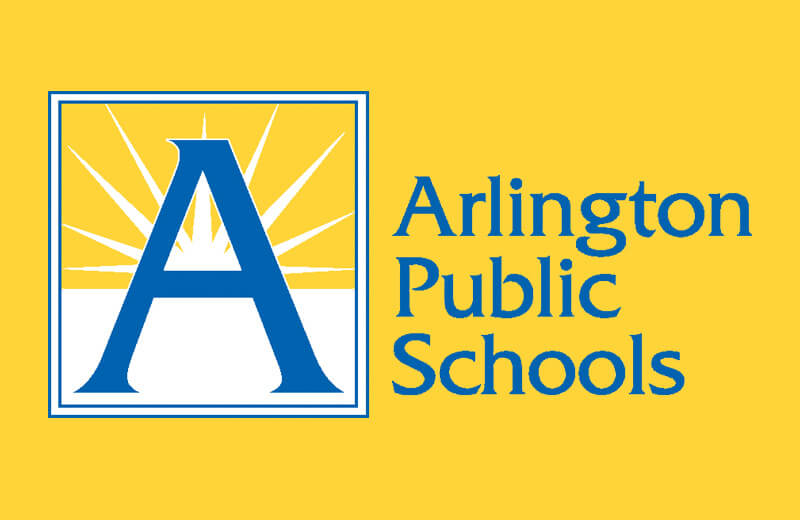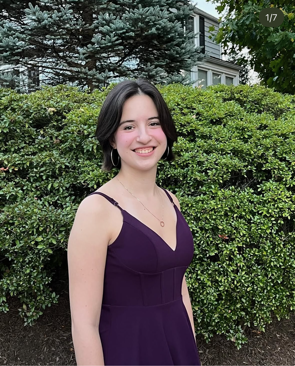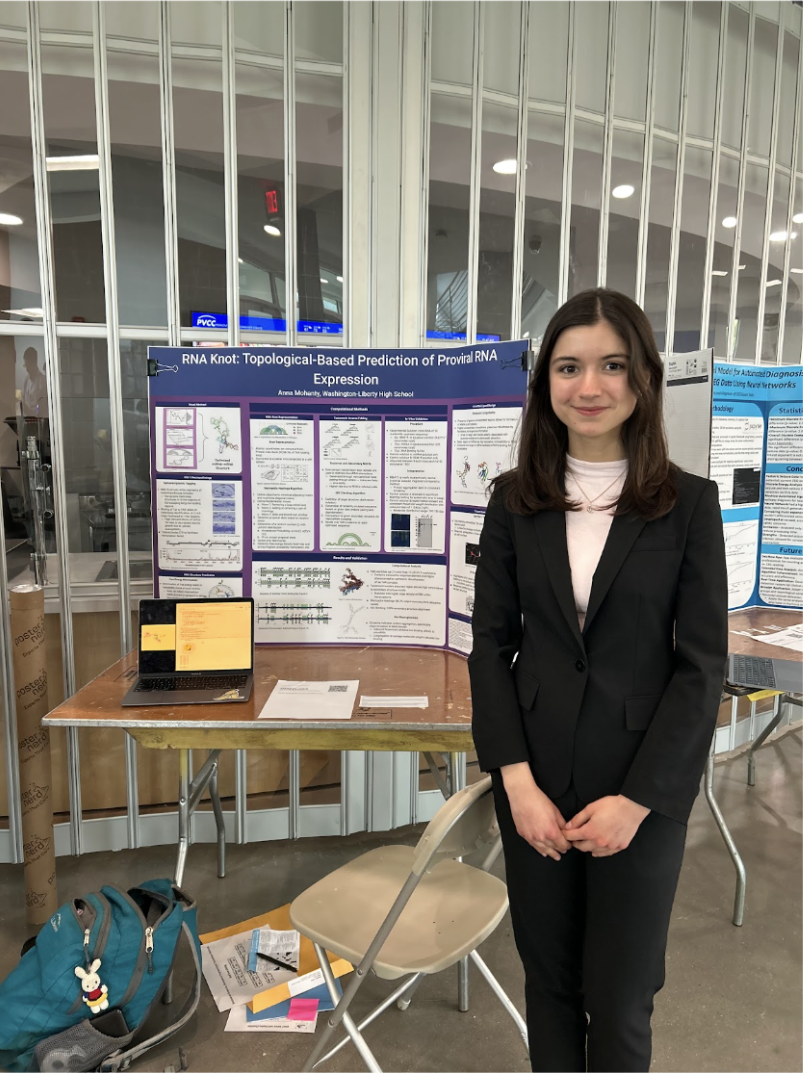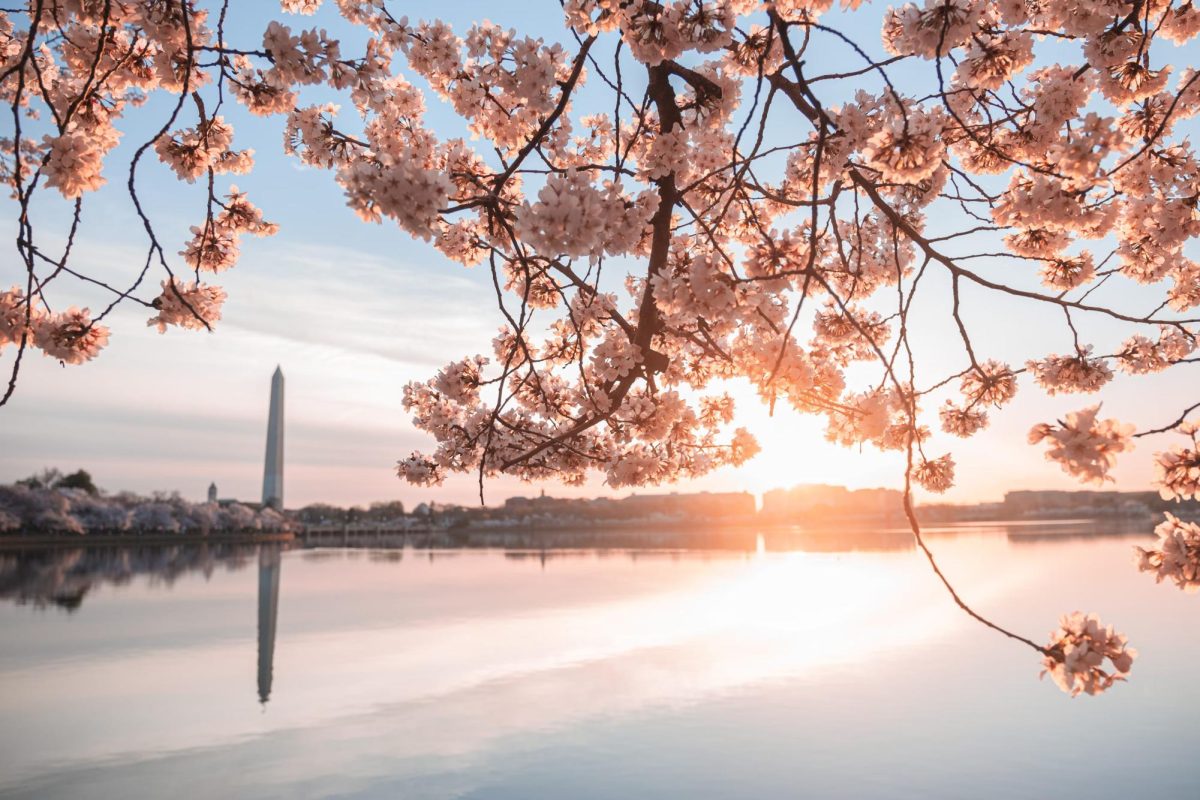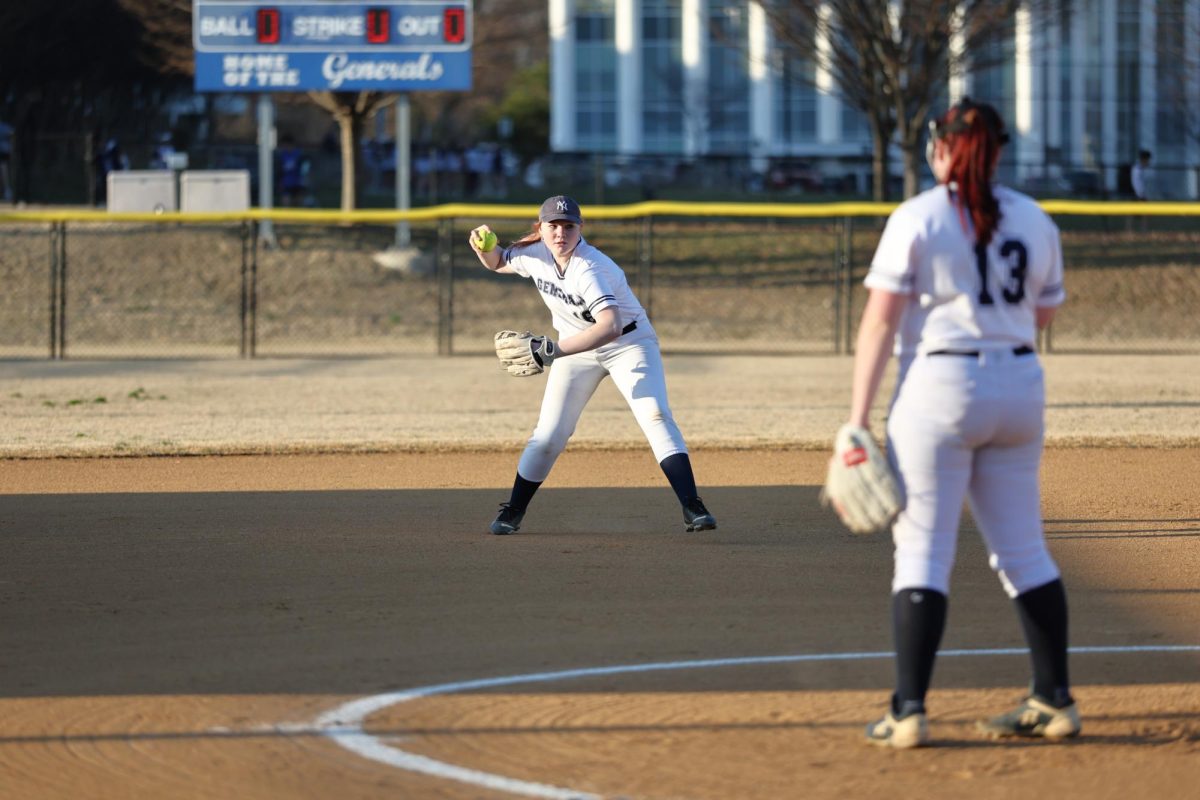2025 was a big year for the seniors at the school. From prom to graduation, the end of senior year represents not only leaving high school but also the beginning of college. For most, the college application process was not easy, but the result was worth the effort.
Since Sara Martah was in her middle school’s production of “Legally Blonde: The Musical,” she knew she wanted to go to Harvard.
“I guess I was inspired by Elle Woods,” Martah said. “And she’s even my yearbook quote now because that’s kind of how it started.”
However, getting into Harvard, which has an acceptance rate of 3%, is not for the faint of heart. Since discovering her passion for Harvard, Martah has worked tirelessly to achieve her Ivy League dream.
“In the beginning, it started out as a dream,” Martah said. “But then I started working towards it [and] when I got to high school, I started to see my work pay off.”
While Martah followed the path to Harvard, senior Nyla Elder worked toward her dream school, the University of North Carolina at Chapel Hill (UNC), which has an acceptance rate of 10% for out-of-state students.
“UNC was definitely my top choice because it kind of had everything I was looking for,” Elder said.
After years of hard work and preparation, both Martah and Elder received their acceptance letters. Both schools are highly competitive and selective with their admissions processes, so an acceptance letter is rare. Martah and Elder’s achievements raise a critical question for students in the school: How did they do it?
College admissions are stressful enough, but even more so in Arlington’s exceptionally competitive and rigorous academic environment. Many common questions come to mind when considering college admissions: What makes an application noteworthy? How many extracurricular activities should you do? What are tips for getting into selective colleges?
In an interview with Martah and Elder, they answered all of these questions—but their answers were surprising. According to Martah and Elder, two of the most academically successful students at the school, college applications are not about your stats and number of extracurricular activities; they are about the passion and purpose you carry throughout high school.
“You have to stand out for them to choose you… So work with what you’re passionate about,” Martah said.
Talking about it is not enough.
“I think it’s good to see a candidate that’s pursuing their interests—not just saying they want to do it, but pursuing it as well,” Elder said.
Achieving so much academically requires a lot of sacrifice. Many students wonder whether the benefits of working constantly in school outweigh the experiences they had to give up. Everyone has regrets from high school, and Martah and Elder are no exceptions. For Martah, her main regret from high school reflects many students’ least favorite time of the school year: course selection.
“There are certain classes that I thought I should take just because it would give me that GPA boost that would look really good, and I ended up being so miserable in the class that I didn’t want to do the work,” Martah said.
Elder’s response to the question is insightful. Everyone experiences rejection at some point in their lives. However, a rejection letter can feel like a personal failure in the college admissions process. It can make you feel like you are not good enough or do not have what it takes to succeed in college.
“I think my number one tip would definitely be: don’t be discouraged by a rejection,” Elder said.
One of the most common parts of the college application process today is the comparison of college acceptances. Decision reaction videos are inevitable on popular social media platforms like YouTube. These videos are everywhere when college decision season peaks. Most people compare their successes and failures to others, even though everyone experiences the college admissions process differently. As humans, the constant fear of rejection and failure has the potential to make the admissions process feel heavier than it truly is.
“I think just keeping that in mind, you just have to look at the whole picture; there are just so many applicants, and they can only take so many. So, not taking rejection as something that’s like, ‘they don’t like me,’ [or] ‘there’s something wrong with my application,’” said Elder.
So, what did Martah and Elder do to get into Harvard and UNC? For Martah, her volunteering and leadership roles in various clubs at the school made all the difference.
“I [have] had an internship since my freshman year, and that was in research,” Martah said. “I am interested in medicine, so I try to show that through volunteering at the hospital… The Fauci Program definitely helped me. I would say, I think leadership also [helped]. I’m the president of our school’s MSA (Muslim Student Association) club, and I also started the Charity Basket Club, so I was also president of that.”
Elder’s effort to pursue public health was reflected in her extended essay. She believes that made the biggest difference in her application.
“In my extended essay, I wrote about breast cancer disparities between races and how we can mitigate this gap, which is between [women, because] Black women have a higher chance of getting breast cancer than white women,” Elder said.
As graduation draws closer, Martah and Elder have mixed emotions about leaving the school.
“I have really mixed feelings,” Elder said. “I’m really excited to leave and have a new chapter of my life and experience life outside of Arlington because I’ve lived here all my life, but it’s kind of sad at the same time.”
Martah feels the same.
“I’m excited to be moving on [but] at the same time, it’s a bit nostalgic,” Marta said.
Although Martah and Elder are leaving next year, they both have one final thing to say to students hoping to get into good colleges.
“Keep in mind you only need one [acceptance],” Elder said. “I think [that] is really important. Just make sure you have perspective when going through college [applications].”
It is important to remember your passions.
“You really want the work that you’re doing to have some kind of purpose,” Martah said. “Whether it’s for you or for your future, maybe it’s for your community, but it has to have some kind of purpose. You can’t just be doing it to do it.”


